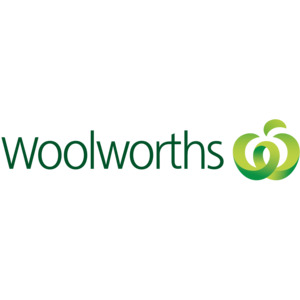On 19 February Woolworths removed $1.00 per litre fresh milk by increasing the price on all 2 litre and 3 litre varieties of Woolworths branded fresh milk to $2.20 and $3.30 respectively.
"The extra 10 cents per litre is guaranteed to go to Australian dairy farmers in full".
Will the farmers really benefit? Woolwoths don’t buy this milk directly from farmers, so i don't believe that the farmers will see the full benefit.
Are consumers happy to pay the extra 10% if it does help farmers or should farmers be treated like other industries and not assisted in this way?
A gimmick IMO and i believe in the long term the only winners here will be Woolworths and their suppliers at the expense of the consumer.
Woolies are doing nothing to help the farmers directly, forcing consumers to pay the extra $ and coming out smelling of roses. Why don't Wolllies donate some of their profits instead if they are so concerned. As a company they are contributing $0 to farmers with this increase.

I am happy to pay this small increase in order to help farmers.